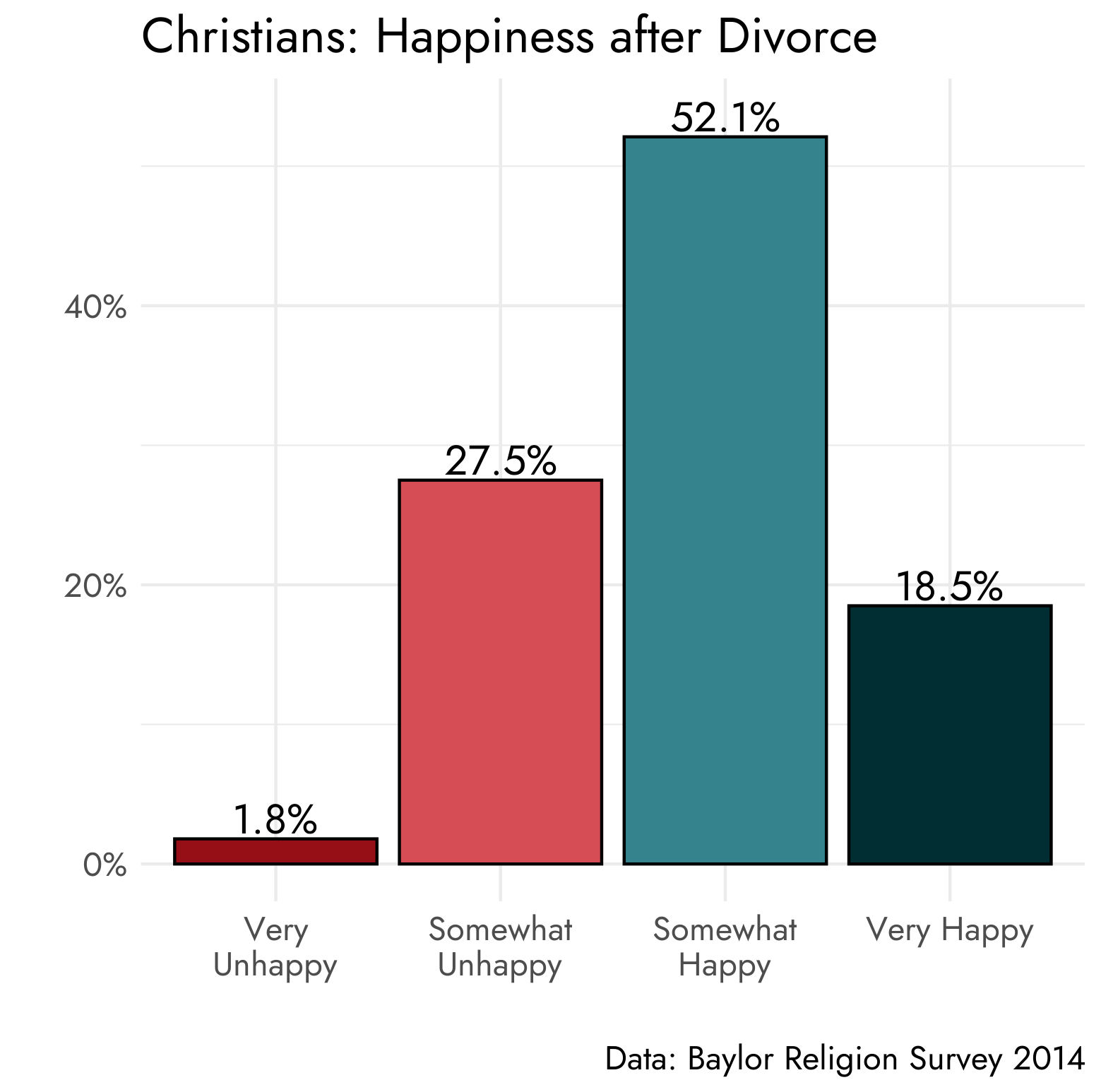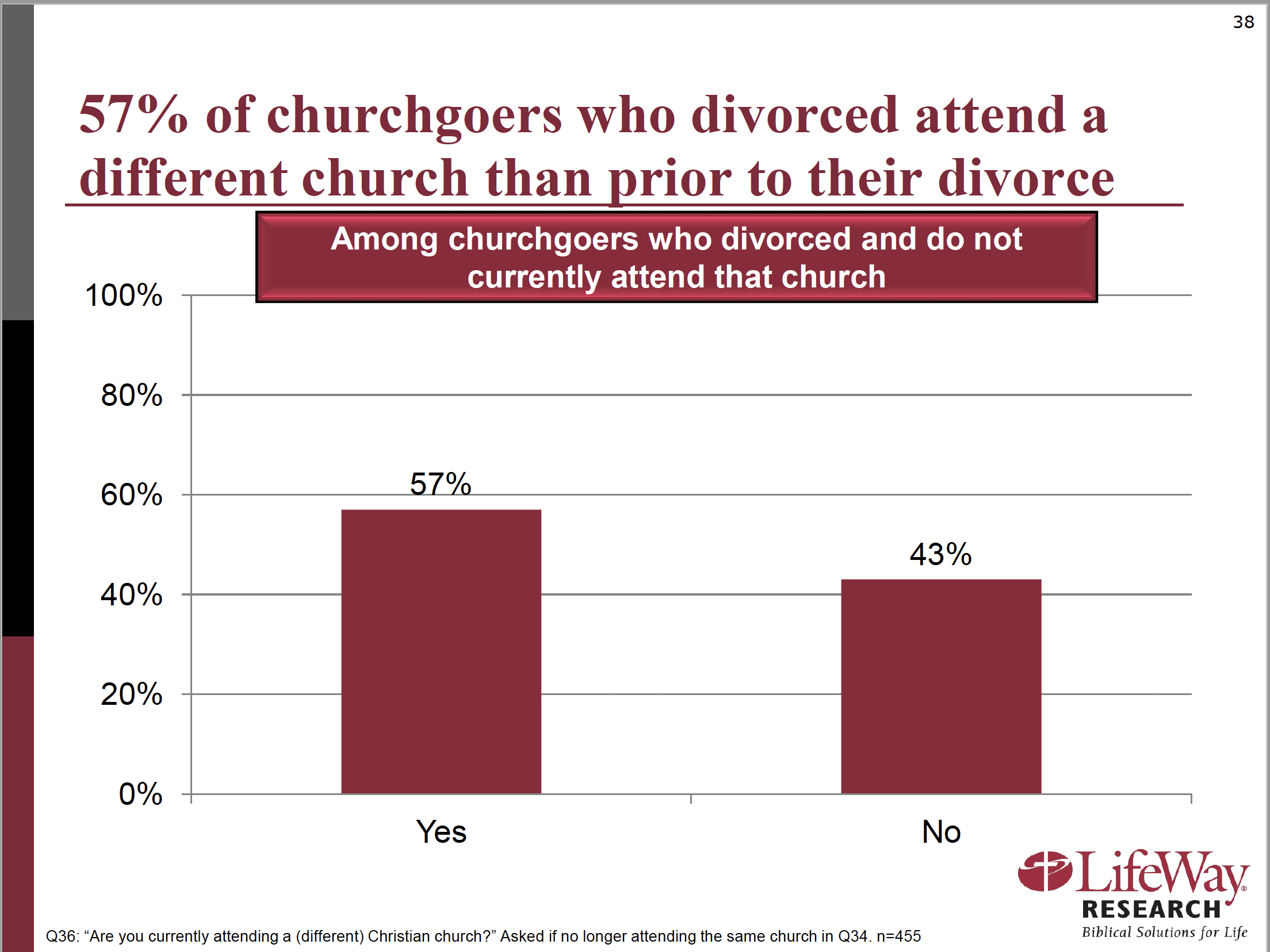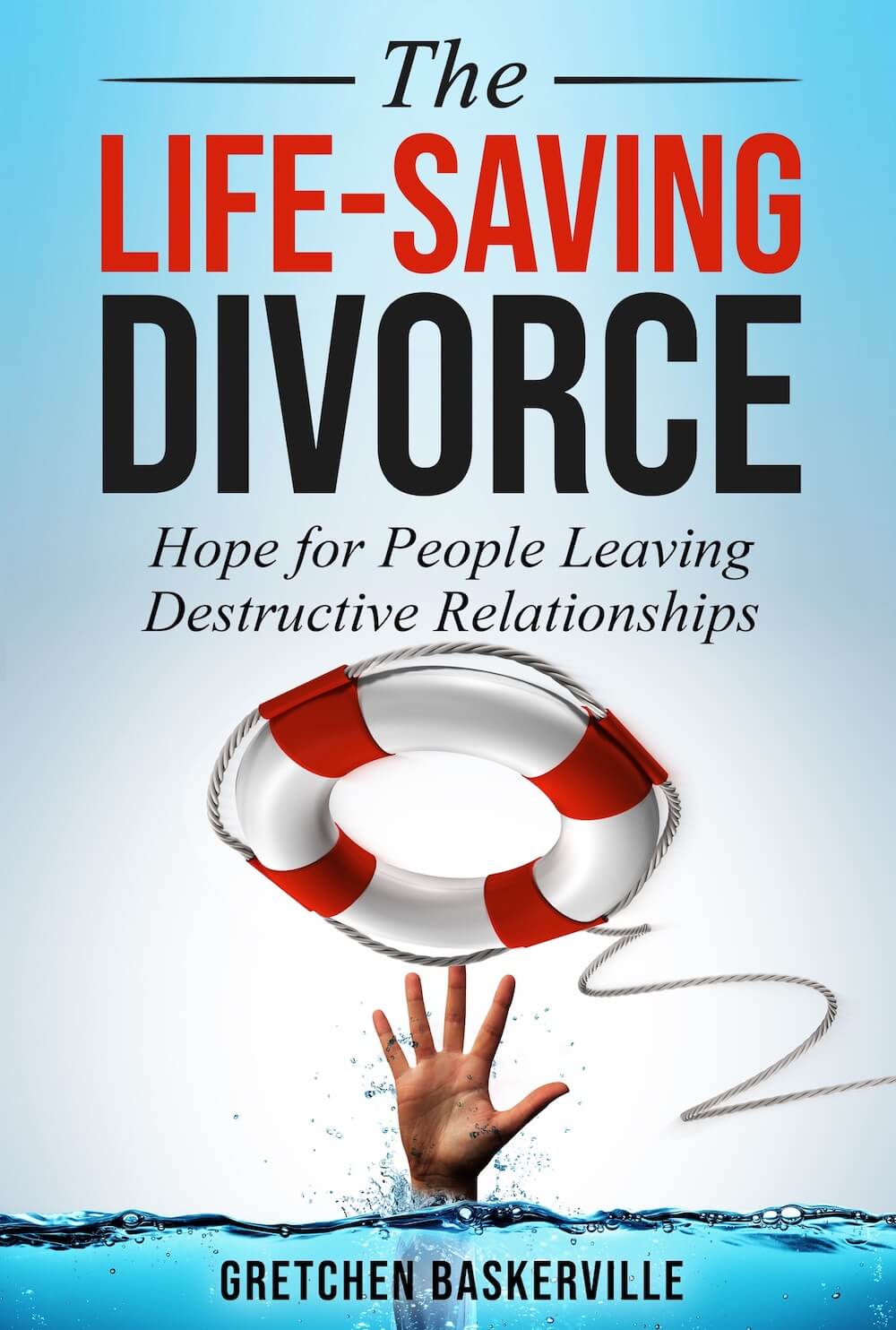About Me: If you’re new to my blog, read this first. I’m a committed Evangelical Christian. I started leading Christian divorce recovery groups in conservative churches in 1998. Despite what I was taught, I don’t believe the vast majority of divorces are for frivolous reasons. I write about “life-saving divorces,” those divorces that are for very serious reasons. “Life-Saving divorces” make up nearly half of divorces in the United States. Read the definition HERE. If you want to know why you should should have a nuanced view of divorce, see THIS. And here is the biblical rationale for condoning divorce. Although I believe many divorces are treacherous, immature, or sinful, I also believe there are justified divorces that are a gift from God to protect people and their children.
Will Your Pastor Try to Pressure You To Stay Married to Your Abuser?
Find out with the
“Christian Denominations and Accepted Reasons for Divorce Comparison Chart”
This chart is a side-by-side comparison of more than 40 Christian denominations and their policies on divorce. It shows whether they condone (in their official policies) divorce for
- sexual immorality/adultery
- physical abuse
- emotional abuse
- severe addictions
- abandonment
- other
The chart also gives exact quotes and links to the online official policy statements where available.
How to get the chart
- This chart will change frequently with updates, corrections, and additions, so it’s being hosted on Evernote. https://www.evernote.com/l/AF2OzVcHU61OoJvgVukiZSPie_Kk6QkSzTU
- When you go to Evernote, you will see the PDF icon. Click on that to download the most recent version of the chart.
—
Many church associations and denominations—as well as individual churches themselves—post their official divorce policies publicly. They are often explicit about what divorces they condone. They may also have vague wording in their policy. So this “Christian Denominations and Accepted Reasons for Divorce Comparison Chart” mentions only what they say explicitly; because unless it is clearly stated, physical and emotional abuse victims don’t know whether they will find support to leave or whether they will be required to stay married to a destructive dangerous person. Editor’s notes have been added to chart in cases where the policy doesn’t exist or is ambiguous. (This is a work in process, so I will eventually have several dozen churches/groups listed.)
This Chart Shows the Divorce Policies for these Christian Denominations and groups. (Links to their policies are in the chart.)
Some condone divorce for abuse, and some do not.
- Evangelical Covenant Church divorce for abuse policy
- Southern Baptist Convention divorce for abuse policy
- Evangelical Free Church divorce for abuse policy
- Calvary Chapel divorce for abuse policy
- Protestant Reformed Churches in America divorce for abuse policy
- United Methodist Church divorce for abuse policy
- Presbyterian Church (USA) divorce for abuse policy
- Presbyterian Church in America (PCA) divorce for abuse policy
- Evangelical Lutheran Church in America (ELCA) divorce for abuse policy
- Lutheran Church Missouri Synod divorce for abuse policy
- Reformed Church in America (RCA) divorce for abuse policy
- Reformed Church in the United States (RCUS) divorce for abuse policy
- Assemblies of God divorce for abuse policy
- Seventh-day Adventist divorce for abuse policy
- Episcopal Church in America divorce for abuse policy
- Anglican Church of North America divorce for abuse policy
- United Church of Christ divorce for abuse policy
- American Baptist Churches USA divorce for abuse policy
- Christian Church (Disciples of Christ) divorce for abuse policy
- African Methodist Episcopal divorce for abuse policy
- Quakers divorce for abuse policy
- Church of God in Christ divorce for abuse policy
- National Baptist Convention, USA divorce for abuse policy
- Denomination or Association divorce for abuse policy
- United Church of God divorce for abuse policy
- Association of Reformed Baptist Churches in America (ARBCA) divorce for abuse policy
- Church of the Nazarene divorce for abuse policy
7 Common Questions about Church Policies and Divorce
1. My pastor’s sermons make it sound as though the vast majority of divorces are frivolous. It that true?
I remember the sermons at my old church that suggested that most divorces were for “falling out of love.” And while there are some that fall in that category, according to major studies, about half of divorces are for very serious things: adultery, sexual immorality, physical abuse, emotional abuse/control, addictions, abandonment, or severe neglect.
2. Is abuse biblical grounds for divorce?
Both physical abuse (a pattern of violence, blocking your path, slapping or shoving you, restraining you, throwing things at or near you) and emotional abuse (a pattern of threats, intimidation, lying) are biblical grounds for divorce.
3. Many people say, “I want my pastor’s permission to divorce. For me, he’s the voice of God. Are you saying I should disobey him?”
You alone are responsible for your safety, and your children’s. Your church won’t act if you don’t. Jesus gave you his Holy Spirit, your conscience, and wisdom when you ask for it. Often churches have been given misinformation about the effects of divorce on divorcees and children. They will tell you that you will never be happy again; your next marriage will end tragically too because “you’ll bring your problems into the next marriage”; and that your kids will be destroyed, have drug/alcohol/behavior problems and their marriages will fail too. But all of this is incorrect.
According to 20 years of research, none of these are true for the vast majority of people who need to escape from long destructive or unfaithful marriages. There is research showing that you are likely to be happier if you leave a long destructive marriage. In fact, a study using Baylor University data, shows that 7 in 10 Christians are happy after divorce, that includes all divorces, both life-saving and not. And remember: Baylor is the largest Baptist university in the world. See the graph below.

4. Can My Church Legally Prohibit My Divorce…or Remarriage?
In the United States, churches have no legal say as to whether you divorce or remarry. They may pressure you. They may prohibit you from remarrying on their premises or having their staff officiate or conduct the ceremony, but they have no legal control over your decision. They cannot block you. Marriage and divorce are civil matters in the U.S. court system, not religious.
And pastors who say you can only legally separate, you cannot divorce… may not realize:
- Six states in the U.S. don’t offer legal separation as an option: It’s marriage or it’s divorce.
- Legal separation doesn’t always provide the same level of protection from an abuser, especially financial abusers.
- In some states, if you change you mind and want to reconcile, it’s faster and easier to remarry after a divorce, than to undo a legal separation. (Talk with an attorney in your state.)
- For a longer explanation of the pros and cons of legal separation, see this blog post.
5. Can My Church Excommunicate or Discipline Me if I Divorce for Abuse?
But some churches feel entitled to use heavy-handed authority over your life, and will excommunicate you for not staying with your abusive, destructive, or serially unfaithful spouse. They believe they are called to control you. This seems to fly in the face of the words of Jesus and Peter who prohibit this kind of control. Click on the link for tips and information in case your pastor or church leaders threaten you with excommunication or church discipline. If you are an abuse victim, it may be best to switch churches before you file for divorce. Here are some first-person stories, legal opinions, and actual court cases, along with a church membership resignation letter and instructions on how to send it. This hardhearted approach to the genuine suffering of sisters and brothers in Christ has driven away more than a million Evangelical divorcees.
6. I Love the Lord. I love God’s Word. I value marriage. Can I Find a Better Church?
Yes, you can find a church that follows the teachings of Jesus. We know the heart of Jesus on these matters. Jesus made a big point to release a captive woman from a spirit that bound her in disability for 18 years…and he did it on the Sabbath, which ticked off the religious leaders. And we know from the Good Samaritan story that many religious leaders will walk on the other side of the road rather than to dirty their hands and get criticism from others.
About 6 in 10 Protestant Christian divorcees switch churches when they divorce, according to a study done by LifeWay Research (the Southern Baptists’ research arm) on behalf of Focus on the Family. LifeWay surveyed active churchgoers who had attended before their separation/divorce. These weren’t “cultural Christians” or “carnal Christians”; many were volunteering, serving, and active in their churches.

7. How Do I Find Another Church? I Don’t Want to Make A Mistake
How can you find a better church? When I vet churches for people, I listen to the marriage sermons of pastors in the area online (if possible). In their marriage sermons, I listen carefully. Do the pastor/leaders mention ANY acceptable reasons for divorce? Do they ever list examples of physically or emotionally abusive behaviors and tell the listeners these are unacceptable? Do they look down on those who choose to divorce, and describe them as quitters who took the easy way out? Do they vilify the one who files the legal paperwork rather than the one who abuses? I listen for the 27 myths of divorce. If I hear this kind of message, I move on to the next church.
Here is one woman’s story of trying to find a church. She’s a conservative Christian who wants to bring up her teens at church. But how does she find a church that won’t condemn her and look down at her kids? After all, she wasn’t the one who committed adultery over and over!
But don’t worry if you cannot find a loving church. You’re not alone. At least 1 million Christians love the Lord, identify as evangelicals, and still cannot find a church that doesn’t judge divorcees. But there’s good news: Now many good churches have their services online, and you can find a church in another state that will suit your needs. Here’s a list of pastors who believe in divorce in cases of abuse. I’ve included a wide variety of denominations, so there may be one who’s right for you.
Bonus: What would Jesus say about all this theological word-smithing?
When you read these policies written by theologians sitting at their desk in their ivory tower, people who’ve never been afraid to walk into their home, never had a mother, sister, son, or daughter who’s been trapped in a marriage with an abuser, you realize how wonderful JESUS is! He attacked the religious rulers saying, “You jerks treat animals better than this!” (Luke 13)
May God aid you in your search. It’s wonderful to be in a caring, supportive church that follows the example of Jesus.



 :
:
 Buy PDF
Buy PDF